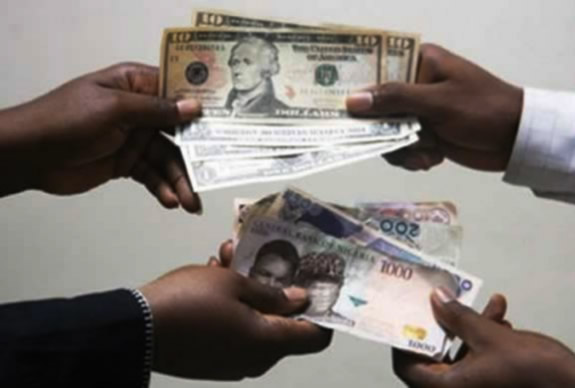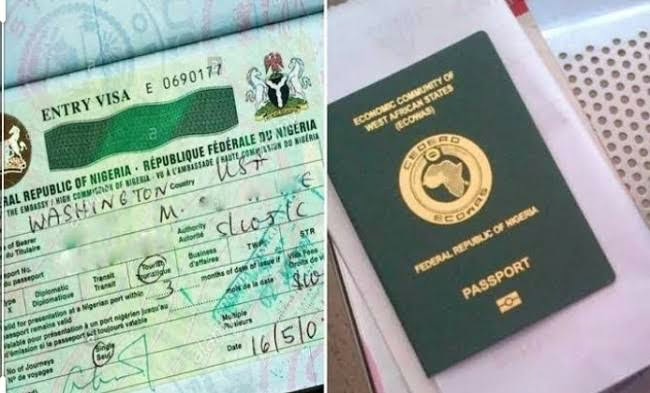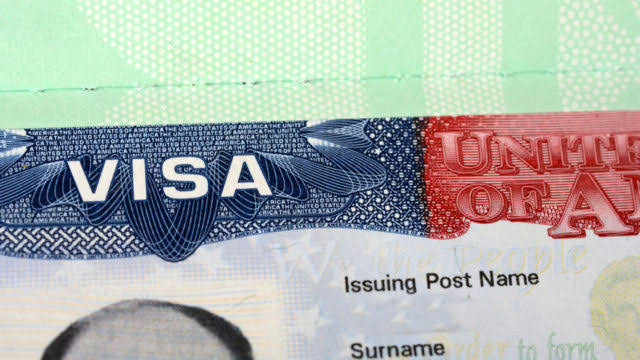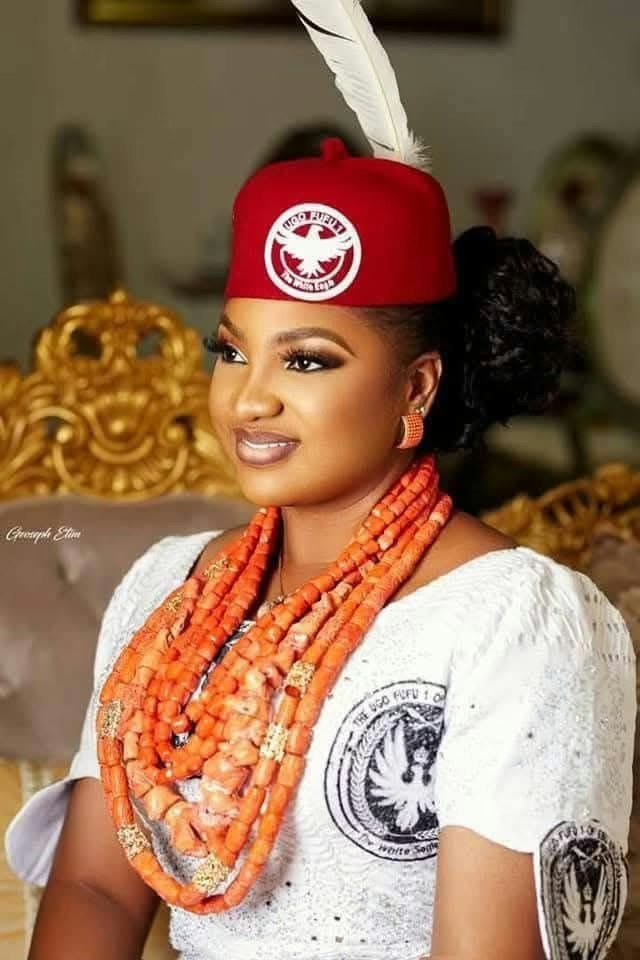In 2015, when former president Goodluck Jonathan handed over the reins of power to ex- president Muhammadu Buhari, the exchange rate was between N170 to N190 to a dollar.
However, Starnews NG reports that the promise to stabilize the Naira by the Buhari’s administration saw a significant depreciation of 57.45% against the dollar during his eight-year tenure.
As Buhari passed the baton to President Bola Tinubu, the Naira’s declined persistently. The official foreign exchange rate weakened by 57.26%, reaching 461 per dollar in May 2023 from 197/$ in 2015.
The parallel market also experienced a 37.58% depreciation, settling at N745 per dollar compared to N465/$ in 2016.
The transition from one APC regime to another raises concerns about the economic impact. Starnews NG can report that the naira has lost significant value compared to the dollar during the time former President Goodluck Jonathan of the Peoples Democratic Party (PDP) was in charge.
The plummeting Naira adversely affects purchasing power and overall economic stability.
The comparison of what Jonathan handed over to Buhari and the subsequent decline under Buhari-Tinubu’s administration of the All Progressives Congress (APC) provides insights into the erosion of the Naira’s value.
The devaluation of the Naira has far-reaching consequences. A weakened currency affects the economy and people, diminishing their purchasing power.
Charlie Robertson, the global chief economist at Renaissance Capital, suggests that the Naira may need to move towards N700/$ to address over-valuation accumulated over the years.
Experts propose solutions for the incoming administration, emphasizing the need to encourage foreign investments, block oil theft, and promote linkages between agriculture and manufacturing.
The economic landscape is further complicated by fluctuations in global oil prices and a decline in foreign exchange inflow.
Over the years, the Central Bank of Nigeria (CBN) implemented various policies to stabilize the Naira.
These included restricting importers from accessing foreign exchange for certain items, limiting the usage of naira-denominated cards overseas, and abolishing commissions on retail FX transactions.
The CBN signed currency swap agreements, adopted a single FX market structure, and introduced derivatives products. Despite these efforts, the Naira continued its decline.
Under President Bola Ahmed Tinubu, the government aims to address the significant gap between the official and parallel-market rates.
Plans include clearing a backlog of dollar demand, bolstering the naira forward market, and implementing transparent rules for the official market. The government envisions achieving a “fair price” of 650 to 750 Naira to the dollar.
However, challenges persist as the parallel market thrives due to the inflexible official exchange. Clarity on market operations is essential to curb speculative activities and stabilize the currency.
The journey of the Naira from Goodluck Jonathan to Bola Tinubu reflects a concerning trend of depreciation. As at the time of filing this report, the naira is currently being exchanged for N1,350 per dollar in the parallel market.
The economic implications underscore the need for comprehensive strategies to restore the Naira’s value and foster sustainable economic growth.










Leave a Reply